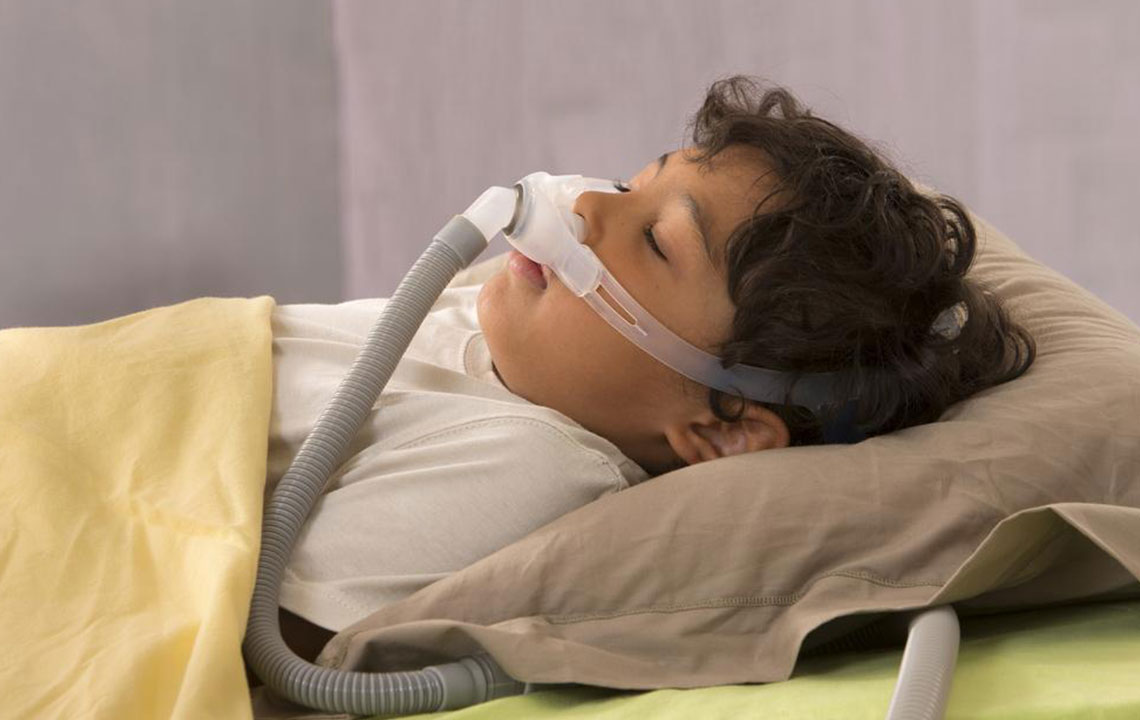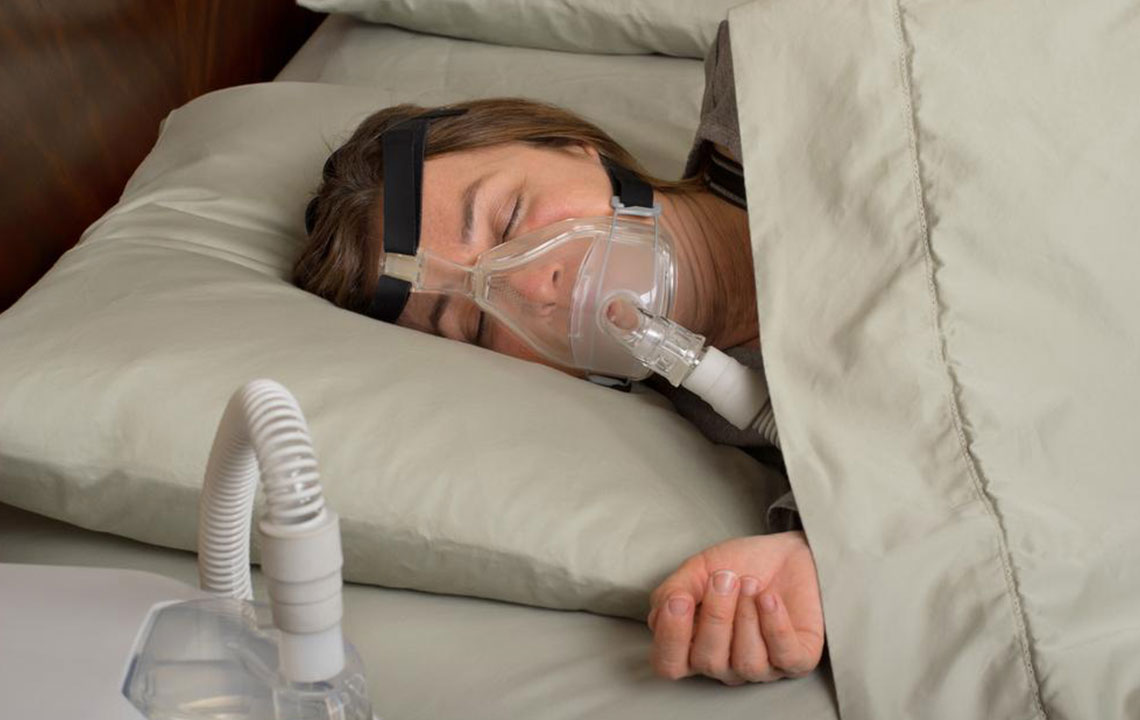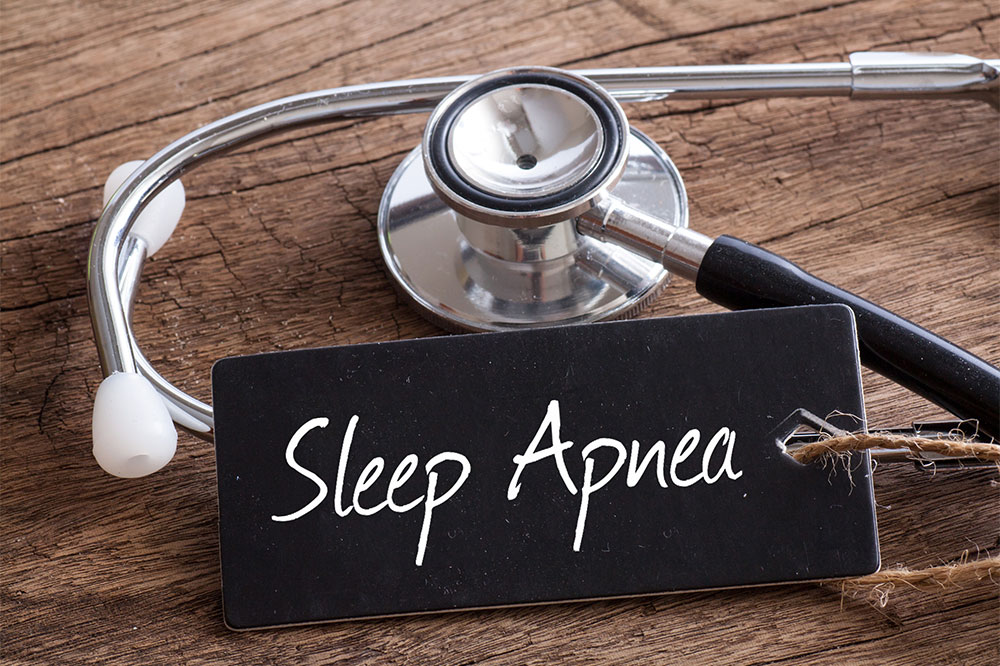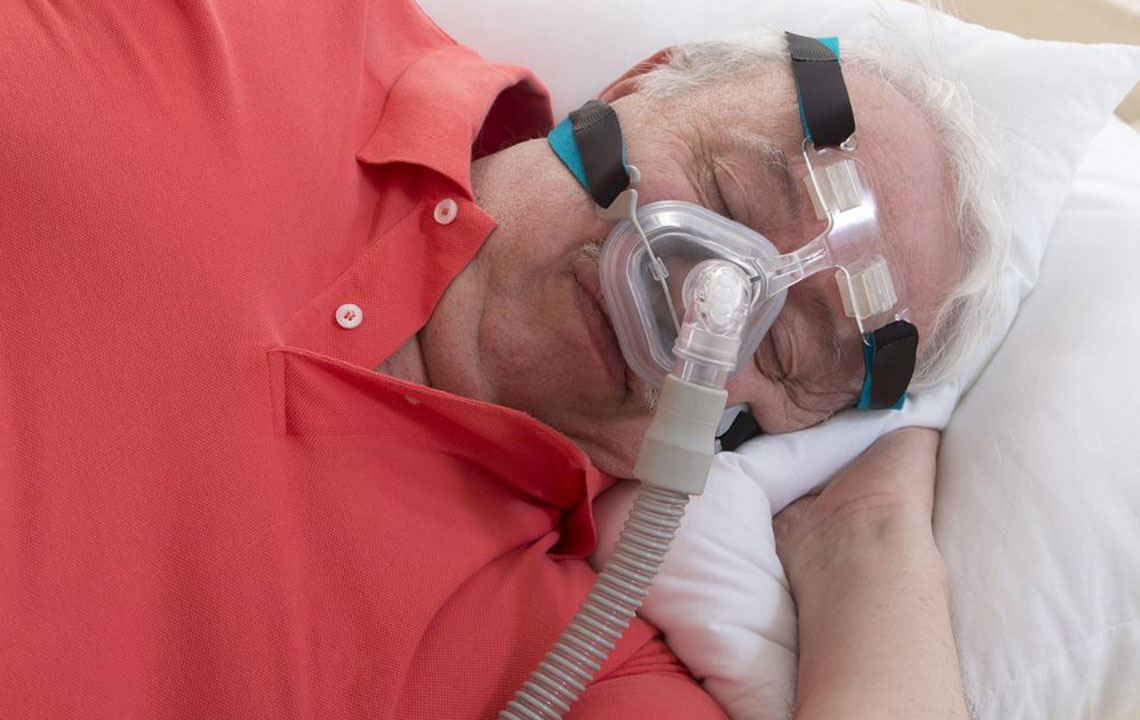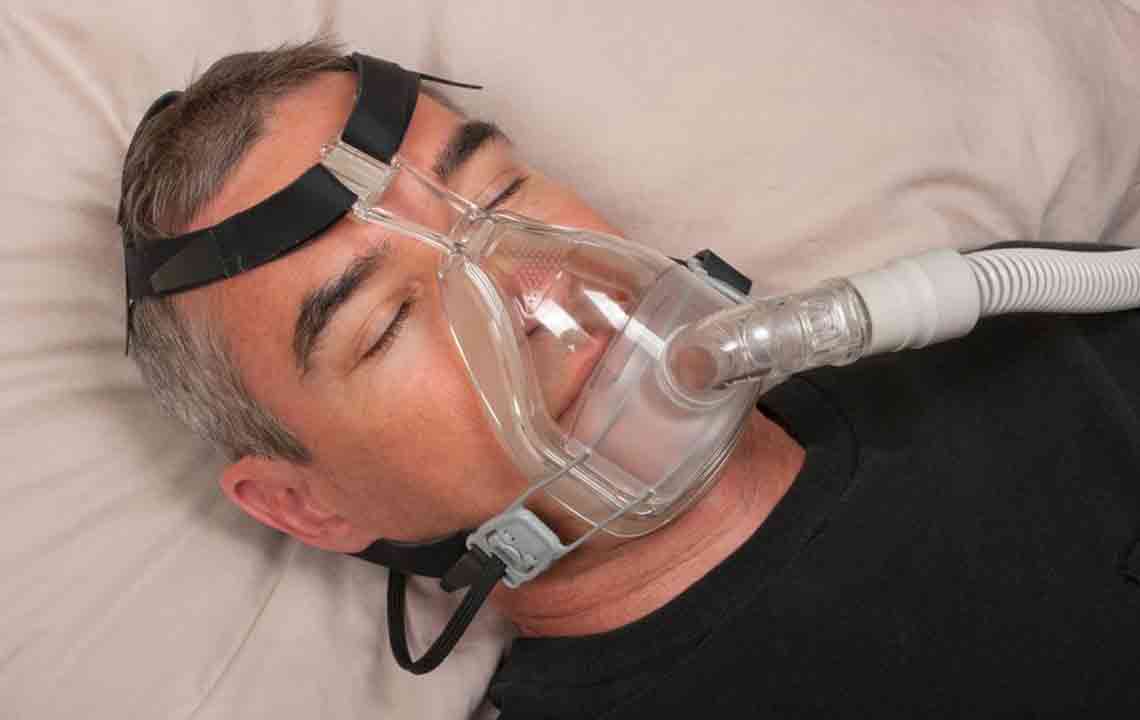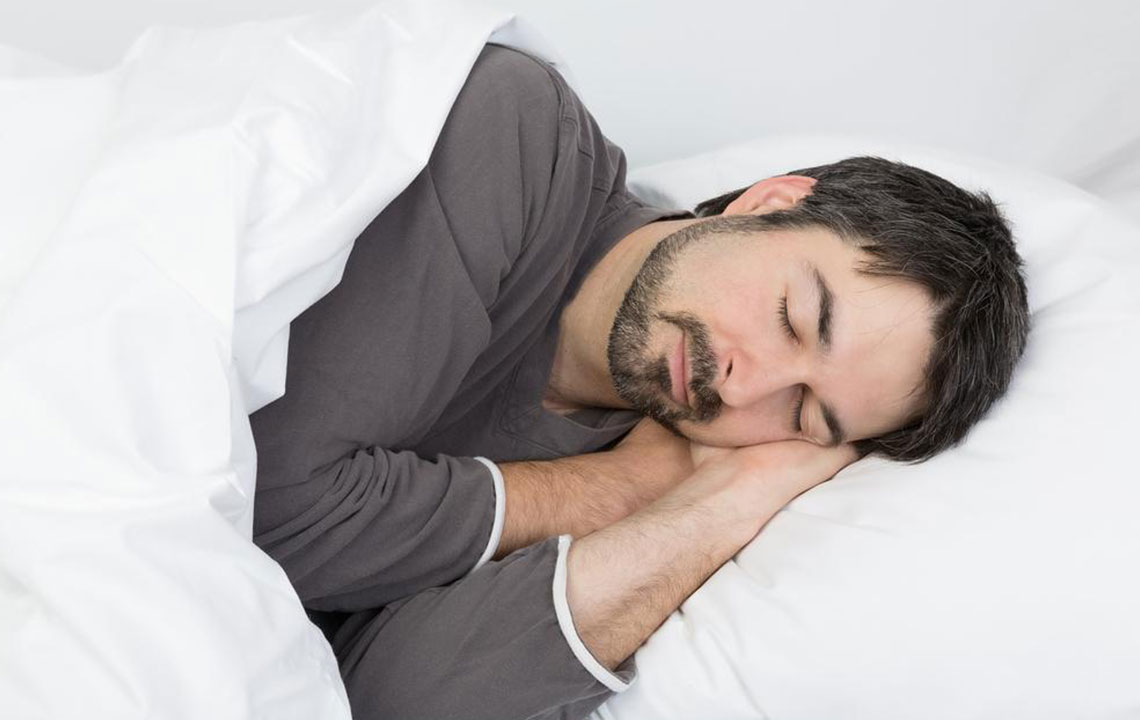Effective Solutions for Sleep Apnea Relief Using Oral Devices
Discover how oral devices provide an effective, non-invasive solution to manage sleep apnea. Learn about their benefits, how they work, and why they are becoming a popular alternative to traditional treatments. Improve your sleep quality and overall health with this safe and comfortable option.
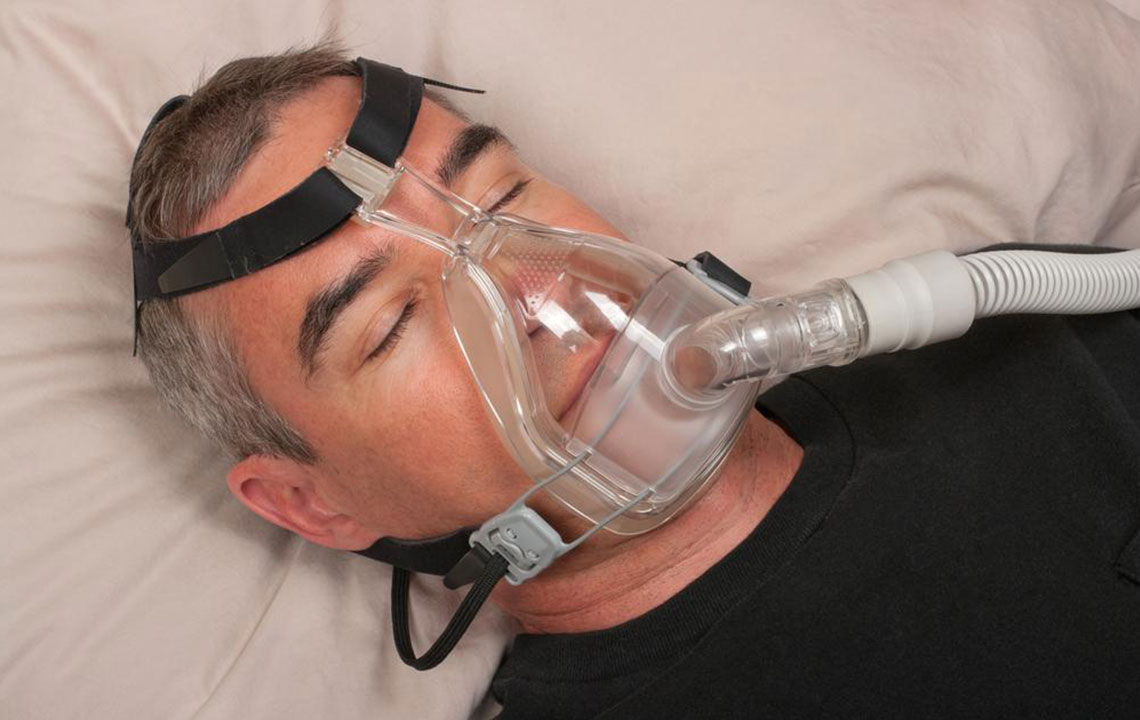
Benefits of Oral Devices in Managing Sleep Apnea
Achieving restful sleep is a cornerstone of a healthy and vibrant lifestyle. Sleep contributes significantly to physical health, mental acuity, and overall well-being. While most adults aim for approximately 7 to 8 hours of sleep per night, a minimum of 6 hours can help sustain alertness and cognitive function during the day. However, sleep disorders such as sleep apnea can severely disrupt sleep quality, leading to fatigue and health complications. Understanding and managing sleep apnea is crucial for maintaining a healthy life.
Sleep apnea is a common but serious condition characterized by repeated pauses in breathing during sleep, which can occur up to 30 times an hour. These interruptions disturb the sleep cycle and reduce oxygen levels in the body, resulting in poor sleep quality and increasing the risk of several health issues, including cardiovascular disease, hypertension, and stroke.
Sleep apnea affects individuals across all age groups, from children to older adults. The condition is more prevalent in men than women and is associated with multiple risk factors, such as being overweight, age over 40, having a large neck circumference, genetic predisposition, or nasal obstructions. Recognizing these risk factors early is essential, as untreated sleep apnea can lead to severe health problems over time. Addressing this condition promptly not only improves sleep quality but also safeguards overall health and longevity.
Many individuals are unaware of effective treatment options beyond lifestyle changes. One highly effective and non-invasive approach is the use of oral devices. These devices have gained popularity due to their simplicity, safety, and effectiveness in alleviating sleep apnea symptoms. If you are unfamiliar with this treatment method, this guide provides comprehensive information to help you understand why oral devices are a preferred solution for managing sleep apnea and improving quality of life.
What Are Oral Appliances?
Oral appliances are specially designed medical devices that are worn inside the mouth during sleep. They are custom-made to fit comfortably and ensure a secure fit, supporting the jaw and tongue to prevent airway obstruction. These devices are made from high-quality, FDA-approved materials, ensuring they are safe for long-term use and compatible with oral health. Oral appliances serve as an alternative to CPAP machines and invasive surgeries, providing a convenient solution for many patients.
Mechanism of Action
These appliances work by conforming to the unique shape of your teeth and gums. By gently advancing the lower jaw forward, they enlarge the airway space behind the tongue and soft palate, preventing airway collapse during sleep. Some devices also help reposition the tongue to minimize airway blockage. This repositioning reduces snoring, breathing interruptions, and sleep fragmentation. The result is a more stable and open airway, leading to improved sleep quality and reduced health risks associated with obstructive sleep apnea (OSA).
Advantages of Using Oral Devices
Oral devices offer many benefits that make them a popular choice among sleep apnea treatments. First, they are non-invasive, requiring no surgery or complex procedures, which makes them accessible and less intimidating for patients. They are comfortable for most users, with designs that allow for natural sleep without significant discomfort. Maintenance is straightforward, typically involving regular cleaning and periodic adjustments by a dental professional. Additionally, oral appliances are generally more affordable than surgical options and continue to be effective over many years when properly fitted.
Furthermore, aside from eliminating the need for bulky and noisy CPAP machines, oral devices are portable and convenient for travel. Many users report significant reductions in snoring and daytime fatigue after consistent use. While they may not be suitable for all cases of sleep apnea, especially those with severe airway obstruction, they have proven to be highly effective for mild to moderate cases.
In summary, oral appliances provide an easy, cost-effective, and comfortable alternative for sleep apnea management. They represent an important advancement in sleep medicine, offering relief from symptoms without invasive procedures or medications.
If you suffer from sleep disturbances due to apnea, exploring the possibility of using oral devices could be life-changing. Improved sleep quality not only enhances your daily energy levels but also reduces your risk of long-term health problems. Consulting with a sleep specialist or dentist trained in sleep medicine can help determine if an oral appliance is the right choice for your specific condition. Take the first step toward restful nights and healthier living—oral devices could be your ideal solution for sleep apnea relief.
